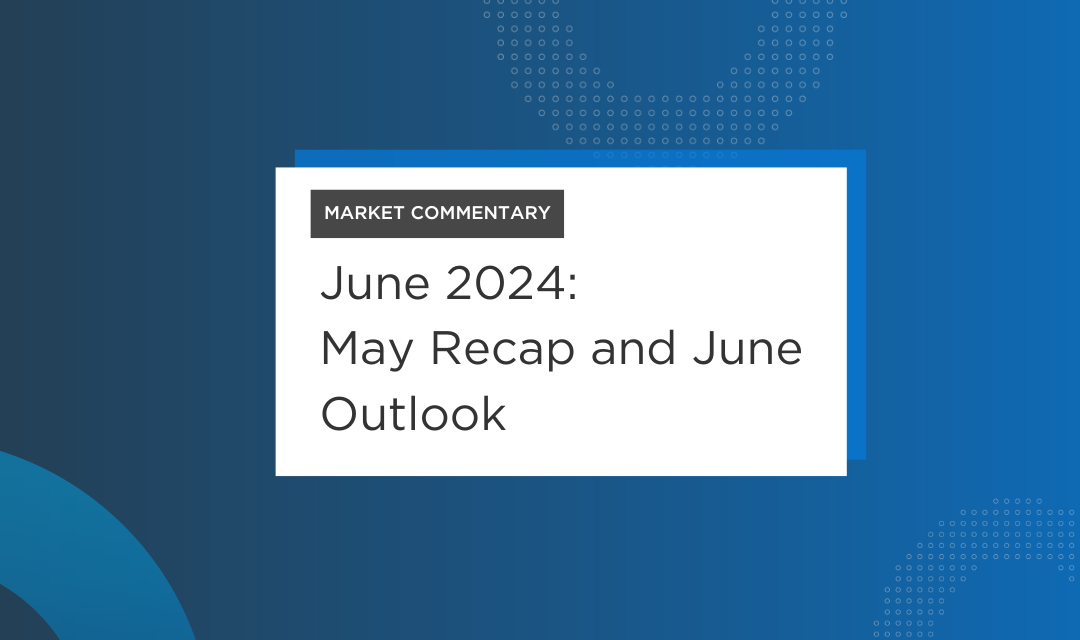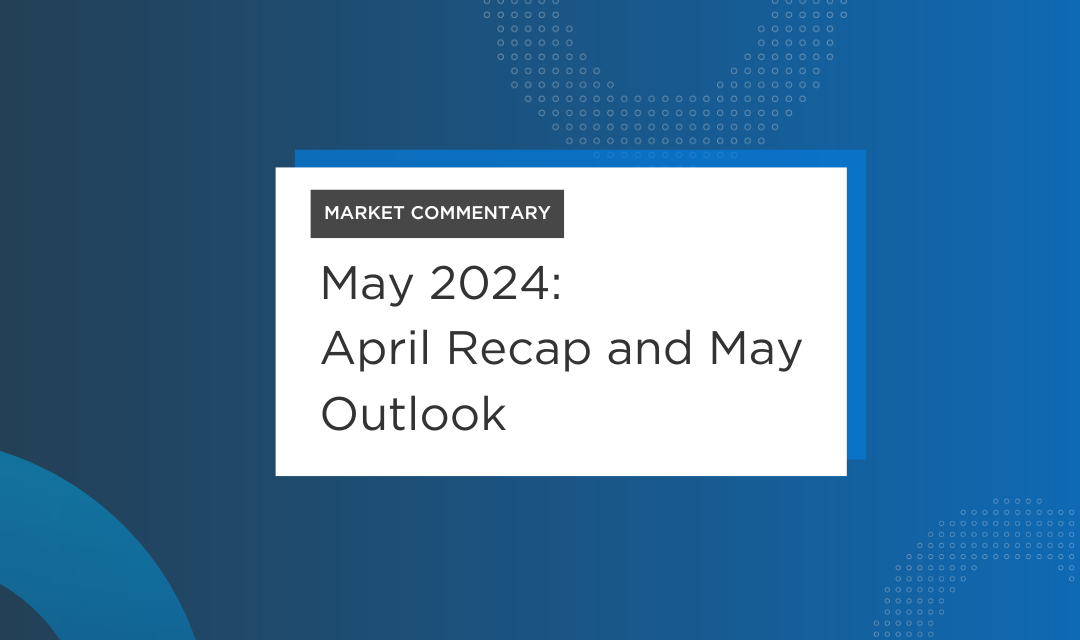Managing your income and expenses is always important, but it can be a bit harder when your income isn’t the same every month. It may be feast-or-famine, or there may just be enough fluctuation to make it more difficult to make financial plans. If you’re not on a set salary, there are ways that you can create a useful budget so it can help you keep control over your spending.
Track Your Income
It’s helpful to know what your average earnings are per month when you’re budgeting. Even if there are wild fluctuations, there will be an average in the middle that can help you stay in better control of your money. Keep a record of how much you make each month and a file that shows the monthly income of all the months you’ve tallied. If you haven’t been keeping track, you can go backward and look through your bank and money-processing accounts to see all of the deposits there. Having about six months of income info is extremely helpful to the process and will give you an accurate average.
If you have never tracked your income, it may take time to get into the habit of marking down when money comes in. If you have money coming in at various times and through various methods, it can take some time to get them all organized. Once you have it all figured out, you can keep tracking your income over time so you can change your budget if you need to.
You may have an easy time tracking your income because you get pay stubs from a job. However, many people get paid through different methods and may need to track down where their money is coming from and how much of it comes in from each method. Or, you may be a gig worker who has days and weeks that vary a lot, but it all comes in from one direction. Make sure you know every bit that’s coming in so you know what you can, and can’t, afford.
Track Your Expenses
You also need to have a good idea of what your basic monthly expenses are. There are a number of useful apps that can make it easier to do or even automate this process by connecting to your bank accounts. You need to know what it costs each month to meet your basic expenses. If you don’t want to use an app, there are countless ways to track what you spend. You may find that you spend more than you need to. Tracking your expenses allows you to see where you could cut your spending and perhaps where you could add more to certain categories.
When you track your expenses, you can quickly see where discretionary spending is and what is necessary each month. The monthly expenses that you budget for should include some discretionary spending each month if possible. You should also budget some for savings. A common way to handle savings is to make sure that anything not spent after all bills are saved gets put into your savings. This is called zero-sum budgeting, and it leaves no money left over at the end of the month. It can also help to put an amount of savings into the budget so that you know you’re paying yourself as well as your bills.
Your basic budget should take into account all of your bills and expenses. It may take a month for you to be able to figure out every single charge that you pay for. In today’s world of subscriptions, it’s often necessary to see all the debits you have over the course of a month to figure out how much you’re actually spending. The rest of the expenses are your basic bills such as gas, electricity, your housing payment, internet, and phone service as well as your food and transportation costs.
Monthly Budgeting
When you have both your income and your expenses tracked, you can create a realistic monthly budget. This can be based on the average amount that you earn each month, or it might be based on the lowest monthly earning amount that you’ve recorded. Each of these is a good option as long as you keep track of everything you need to pay for. In either case, there needs to be a clear guideline to how much you can spend. Your budget can be on a piece of paper, in a spreadsheet, in an app, etc. Find the way that’s easiest and most convenient for you. As long as you can look at your budget when you need to know whether you can afford something, your method can be anything that works for you.
Varying Totals
When you know how much you need to make every month, it becomes easy to see how much extra there is. Once you have your average income nailed down, you can make plans for when your income is less than the average amount. Keep a separate savings account that’s easy to stash money in. It helps if it’s connected to your main checking or other debit account.
When you make more than the average amount for your monthly income, you can take the extra beyond the average and stash it in the savings account. Then, when you have a month that comes in at below-average earnings, you will have an amount there already to make up for it. You can use this method to better even out your income and make sure that no months leave you with too little to get bills paid and meet basic expenses.
You can also choose to have a budget that’s your lowest income amount and budget all the rest to go to savings. You could also use it to pay down a car or home or to fund your retirement or investing account. When you have some left over every month, it gets easier to start following through on your larger financial goals.
Fixed or Variable Budget
You can make a budget based on either your average monthly income or your lowest monthly income and to stick with that budget. It may take a little time to get everything accounted for, but many people get a good, working budget in place and then stick to that. With a fixed budget, you soon know exactly what you have and how much you can afford to pay for the extras you want that month.
Another way to handle budgeting is to make a variable budget that changes as you make more or less money. Sometimes, having a good earnings month means you want to treat yourself instead of putting all the extra into savings. You can create a new budget every month if you choose to so that you can buy those new clothes or take that weekend away if you have the income for it that month. Of course, it’s always important to put some away each month in case of a very low-earning month.
If you love budgeting, making a new budget every month, or even every season, can be a great way to keep you in control of your money. It can take into account the unique expenses that you have in any given month. If you need new clothes in the fall, you may need a September budget that differs from the August one, for example. Some people do seasonal budgets because the months of a certain season may mean more expenses. You might have higher energy costs during the winter months or need to start saving toward Christmas presents.
You may want to set your budget after you see what you’ve earned and create a new monthly budget that way. This can be difficult, however, if you get payments throughout the month and need to pay bills early in the month. However, if you know in advance how much you will be paid, you can use this method of monthly budgeting so that there’s little guesswork involved.
Keep Your Emergency Fund for Emergencies
It may be tempting to dip into that emergency fund for something you want, but you have to resist that urge. If you are saving every month in case of a bad earnings month, it’s important that the money is there when you need it. With a variable income, you may have the occasional very low month, and that’s when these funds have to be available. Without the emergency fund, you can easily lose control over your finances when you have a low-earning month. Always remember that your needs have to come before your wants when it comes to your money.
If you don’t build up your emergency fund, you run the risk of getting into debt when earnings aren’t high. Being in debt can cost you a lot, and it will affect your credit rating as well. Avoid debt as much as possible by having a strong savings method that puts money into the account every month that it’s possible.
Getting to the best budgeting system for you may take some time. As you exert more and more control over your finances, you may find aspects that you want to tweak for better results. Stay flexible and don’t be afraid to change your budgeting method if you’re having problems getting everything paid.
DISCLOSURES
Investment advisory services offered through TCG Advisors, an SEC registered investment advisor. Recordkeeper and Third Party Administrator services offered through TC Administrators. HUB FinPath and Tax Services are offered through PW Solutions. Cypher is offered through Cypher Security, LLC. Consulting Services are offered through TCG Consulting Services, LLC. TeleWealth virtual meetings are offered through TCG Advisors. TCG Advisors, TCG Administrators, HUB FinPath, RPW Solutions, Cypher Security, LLC and TC Consulting Services are under common ownership of HUB International and are affiliates of TCG Advisors. Legal and Tax advice may be provided by Hessler Legal, an unaffiliated law firm. Certain of TC Advisors’ investment advisory representatives may also be affiliated with Hessler Legal. TC Advisors does not receive compensation from Hessler Legal for referrals.
HUB International, owns and operates several other entities which provide various services to employers and individuals across the U.S.
This website is not authorized for use as an offer of sale or a solicitation of an offer to purchase investments. This website is for informational purposes only and does not constitute an offer to sell, a solicitation to buy, or a recommendation for any security, or as an offer to provide advisory or other services in any jurisdiction in which such offer, solicitation, purchase or sale would be unlawful under the securities laws of such jurisdiction.
Past performance may not be indicative of any future results. No current or prospective client should assume that the future performance of any investment or investment strategy referenced directly or indirectly in this brochure will perform in the same manner in the future. Different types of investments and investment strategies involve varying degrees of risk—all investing involves risk—and may experience positive or negative growth. Nothing in this brochure should be construed as guaranteeing any investment performance.
This website may contain forward-looking statements and projections that are based on our current beliefs and assumptions on information currently available that we believe to be reasonable; however, such statements necessarily involve risks, uncertainties, and assumptions, and prospective investors may not put undue reliance on any of these statements.


